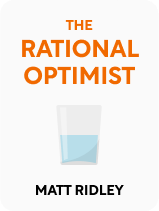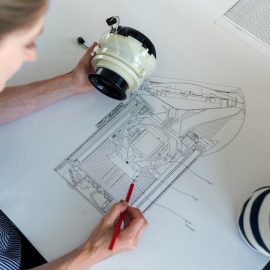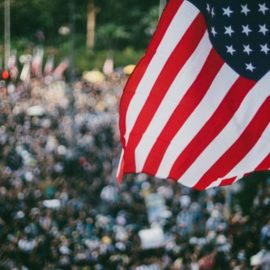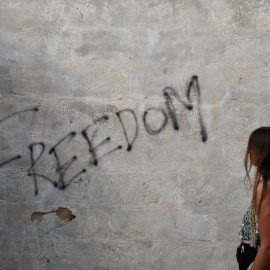

This article is an excerpt from the Shortform book guide to "The Rational Optimist" by Matt Ridley. Shortform has the world's best summaries and analyses of books you should be reading.
Like this article? Sign up for a free trial here.
Which is better, trade vs. aid? What position does Matt Ridley take?
Matt Ridley makes the case against foreign aid to developing countries and instead focuses on trade. He believes this is because trade plays a powerful role in benefiting societies.
Discover more on why Ridley says trade would be better than foreign aid.
The Case for Trade Over Aid
In this article, we’ll explore Ridley’s trade vs. aid argument in detail, including:
- Why developing nations suffer from deep-seated problems that foreign aid can’t address—and might make worse
- Why economic growth through free trade offers a better path forward than foreign aid for developing countries
Foreign Aid Can’t Fix Developing Nations
In discussing the problems developing nations face, Ridley focuses on Africa (where today’s extreme poverty is disproportionately concentrated), where he argues that foreign aid may not only be ineffective but could potentially make existing issues worse. According to Ridley, Africa’s challenges are deep-rooted and systemic. Corruption, political instability, lack of infrastructure, weak rule of law, and internal conflicts are just some of the issues faced by many African nations. These complex problems won’t be solved by infusing money into the continent.
Ridley contends that large influxes of foreign aid can inadvertently make these problems worse. Aid money often falls into the hands of corrupt leaders and officials, failing to reach the people it’s meant to help. The abundance of free money with little accountability can undermine incentives for good governance and transparency and instead further entrench a cycle of corruption.
Consider the case of Haiti, which has received substantial amounts of foreign aid, especially following the devastating earthquake in 2010. Despite intentions to rebuild and develop Haiti, large portions of aid have repeatedly been mismanaged. This influx of aid with inadequate oversight provided a ripe environment for corruption. It created few incentives for local leaders to establish good governance or transparency, as they knew they could rely on continuous external financial support. With corruption deepening and development stalling, the aid intended to help Haiti recover instead contributed to a cycle of dependency and governance issues, hampering long-term sustainable growth.
| In Defense of Foreign Aid Contrary to Ridley, some experts have made a robust case for foreign aid. Although opponents of foreign aid claim that the money given to recipient governments ends up being funneled to corrupt and authoritarian leaders, advocates note that only a small portion of US foreign aid goes directly to governments. Most funds are distributed through nonprofits, multilateral organizations, and private entities to ensure accountability and avoid corruption. Further, US foreign aid programs, which are audited regularly, have contributed to significant global improvements, including reductions in extreme poverty (which fell from 36% of the world population in 1990 to 10% in 2015), disease eradication, and increased life expectancy. Finally, advocates argue that foreign aid isn’t wasteful or a simple act of charity: It vitally serves US interests by enhancing national security by supporting and stabilizing regional allies, reflecting humanitarian values, and fostering economic development in recipient countries. This can then create markets that benefit the US economically. |

———End of Preview———
Like what you just read? Read the rest of the world's best book summary and analysis of Matt Ridley's "The Rational Optimist" at Shortform.
Here's what you'll find in our full The Rational Optimist summary:
- The connection between free trade and cultural evolution
- Why Matt Ridley defends the use of fossil fuels
- Why foreign aid can’t fix developing nations






